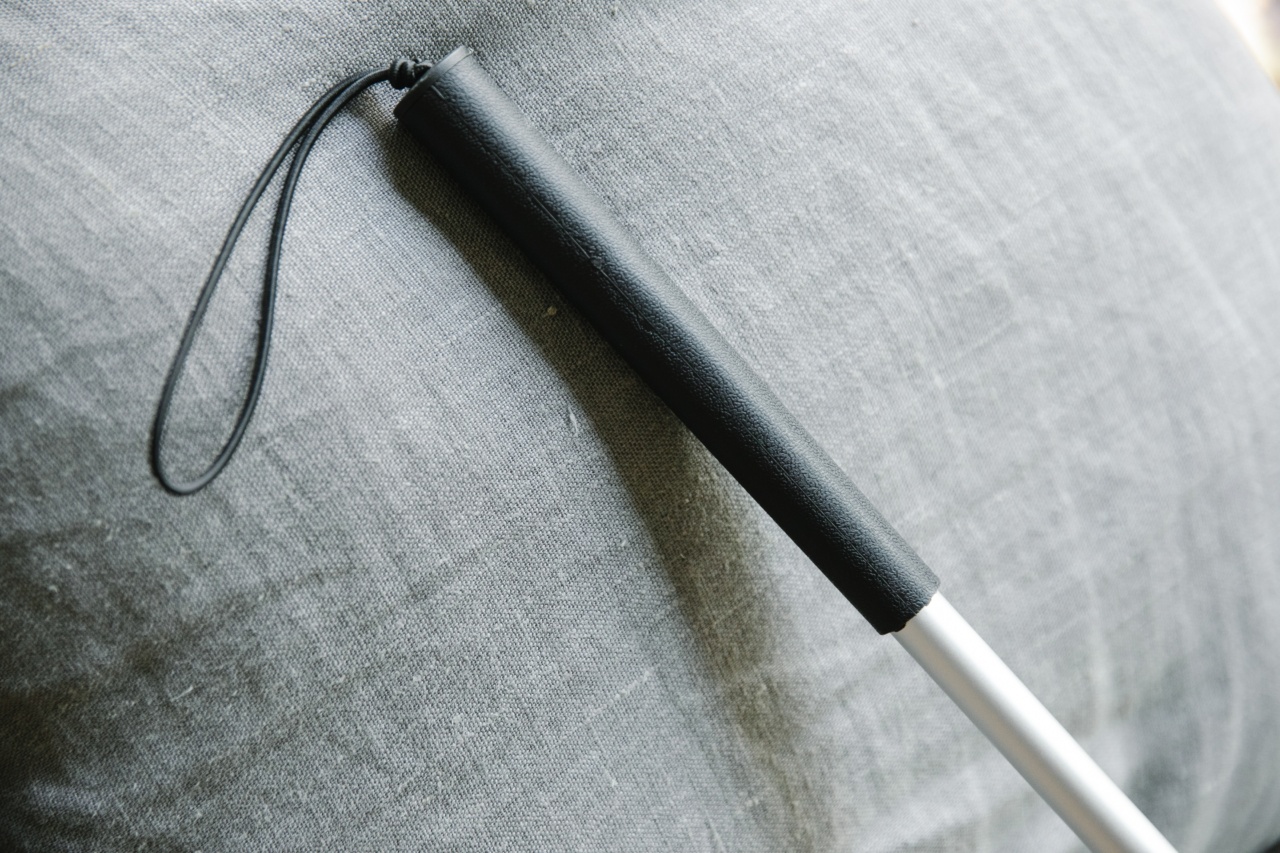Ulcerative colitis and Crohn’s disease are both forms of inflammatory bowel disease (IBD). IBD is a chronic condition that causes inflammation in the digestive tract.
While there is no known cure for these conditions, there are many ways to manage symptoms and improve quality of life. In this guide, we’ll cover everything you need to know about treating ulcerative colitis and Crohn’s disease, from medications and lifestyle changes to surgery and alternative therapies.
Medications for Ulcerative Colitis and Crohn’s Disease
Medications are often the first line of treatment for both ulcerative colitis and Crohn’s disease. There are several types of medications that can be used to manage symptoms and reduce inflammation in the digestive tract.
Some common medications include:.
Anti-inflammatory drugs
Anti-inflammatory drugs such as 5-aminosalicylates (5-ASAs) are often used to reduce inflammation in the digestive tract. These medications can be taken orally or used as suppositories or enemas.
Corticosteroids
Corticosteroids such as prednisone are powerful anti-inflammatory drugs. They can be used to quickly reduce inflammation in the digestive tract, but they can also cause serious side effects when used for a long time.
Immunomodulators
Immunomodulators such as azathioprine and 6-mercaptopurine are used to suppress the immune system and reduce inflammation in the digestive tract. These medications can take several weeks to start working.
Biologics
Biologics such as infliximab and adalimumab are newer medications that are given by injection or infusion. They work by blocking specific proteins in the immune system that cause inflammation in the digestive tract.
Lifestyle Changes for Ulcerative Colitis and Crohn’s Disease
While medications can be effective for managing symptoms, they are not the only treatment option for ulcerative colitis and Crohn’s disease.
Lifestyle changes can also be very helpful in reducing inflammation in the digestive tract and improving overall health. Some lifestyle changes that may be helpful include:.
Dietary changes
There is no specific diet that works for everyone with ulcerative colitis or Crohn’s disease, but some people find that certain foods trigger their symptoms. Keeping a food diary can help you identify which foods make your symptoms worse.
Some common trigger foods include dairy products, caffeine, and spicy or fatty foods.
Stress management
Stress can trigger symptoms of ulcerative colitis or Crohn’s disease. Learning to manage stress through practices such as meditation, yoga, or deep breathing can be helpful in reducing inflammation in the digestive tract.
Exercise
Regular exercise can be helpful in maintaining overall health and reducing inflammation in the digestive tract. However, it’s important to talk to your doctor before starting an exercise program.
Surgery for Ulcerative Colitis and Crohn’s Disease
Surgery is not usually the first treatment option for ulcerative colitis or Crohn’s disease, but it may be necessary in some cases.
Surgery may be recommended if medications and lifestyle changes are not effective in managing symptoms, or if you develop complications such as a bowel obstruction or perforation. Some surgeries that may be necessary for ulcerative colitis or Crohn’s disease include:.
Colectomy
A colectomy is a surgery to remove part or all of the colon. This surgery may be necessary if you have severe ulcerative colitis or if you develop complications such as a precancerous condition of the colon called dysplasia.
Ileostomy
If you have a colectomy, you may need an ileostomy. An ileostomy is a surgery to create an opening in the abdomen for waste to pass through. The end of the small intestine is connected to the opening, and a bag is attached to collect waste.
Alternative Therapies for Ulcerative Colitis and Crohn’s Disease
In addition to medications, lifestyle changes, and surgery, some people with ulcerative colitis or Crohn’s disease find alternative therapies to be helpful in managing symptoms.
While these therapies are not considered mainstream medical treatments, some people find them to be helpful. Some alternative therapies that may be helpful include:.
Probiotics
Probiotics are live bacteria and yeasts that are good for your digestive system. They can be found in fermented foods such as yogurt and sauerkraut, or taken as supplements.
Some studies suggest that probiotics may be helpful in reducing inflammation in the digestive tract.
Acupuncture
Acupuncture is a traditional Chinese medicine practice that involves inserting needles into specific points on the body. Some people find that acupuncture is helpful in reducing stress and inflammation in the digestive tract.
Herbal remedies
There are several herbs that may be helpful in managing symptoms of ulcerative colitis and Crohn’s disease. Some common herbs include aloe vera, chamomile, and turmeric.
However, it’s important to talk to your doctor before taking any herbal remedies, as some herbs can interact with medications.
In Conclusion
Ulcerative colitis and Crohn’s disease are both forms of inflammatory bowel disease that can be managed with medications, lifestyle changes, surgery, and alternative therapies.
It’s important to work with your doctor to develop a comprehensive treatment plan that meets your individual needs. By taking an active role in your treatment, you can improve your quality of life and manage your symptoms effectively.




























